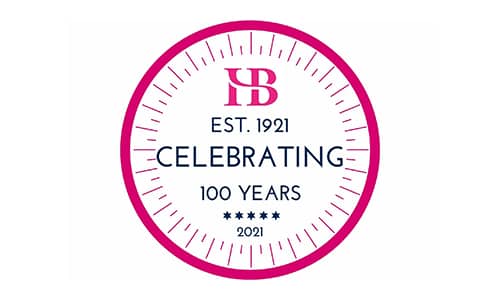Recent National Insurance Contributions (NIC) rate and threshold increases means that our recommended optimum salary level for directors has changed. This article outlines the changes and the suggested salary level for directors.
What are the NIC rate and threshold increases?
From 6th April, 2022 NIC rates increased by 1.25% for everyone, then from 6th July, 2022 the thresholds from which employee NIC are payable were also raised. The increases are because the Government has the ultimate ambition of aligning the NICs starting thresholds with the income tax personal allowance.
*SUBJECT TO POTENTIAL CHANGE IN SEPTEMBER 2022 WITH THE ANNOUNCMENT OF THE NEW UK PRIME MINISTER*
The NIC thresholds are as follows for 2022/23:
From 6 April 2022 – 5 July 2022:
| Employees: | £9,880 |
| Employers: | £9,100 |
From 5 July 2022 – 5 April 2023:
| Employees: | £12,570 |
| Employers: | £9,100 |
Read the rates and thresholds information on the Government website

As NIC is paid according to the pay period rather than being cumulative, only 9 months of employee’s earnings (from 6 July 2022 to 5 April 2023) will benefit from the higher threshold. Most employees will have more NIC deducted from their pay in April-June and more low earners will not pay any NIC from July 2022 onwards.
How the changes impact company directors
Despite the NIC threshold for employees increasing to £12,570, it may not be tax efficient for some directors to take a salary at this level, particularly if they have other sources of income, such as pensions, on which the personal allowance may have been applied. Please talk to us about your individual situation for bespoke advice.
Generally, we recommend that most directors with employees should consider a salary for 2022/23 of £9,880. The amount of corporation tax saved will offset the amount of employer’s class 1A NIC due.
As a Director’s NIC is calculated on a 12-month basis, rather than on a monthly basis, March 2023 will be the only pay period in which employers NIC is paid.
A sole director or directors for a company without other employees may prefer to have an annual salary of £9,100 and not pay any employers NIC.
Company directors who pay themselves quarterly must use the lower primary NIC threshold for the first quarter to 5 July 2022 and the higher primary NIC threshold for the remainder of the year.
How the changes impact employers
The threshold from which employers must pay Class 1 NIC on their employees’ salaries has not changed and remains at £9,100 per year (£758 per month) for most employees.
If the employee is an apprentice or under 21 years old, the employer does not pay class 1 NIC until the employee’s pay exceeds £50,270 per year (£4,189 per month).
The Employment Allowance has increased from £4,000 to £5,000 for 2022/23. This allowance provides relief against employer’s Class 1 NIC. However, it is unavailable in certain circumstances such as when the director is the sole employee of the company.
Advice tailored to your personal circumstances
If you would like advice on the tax implications of these figures tailored to your personal circumstances please do get in touch.
The HB team is here to help with all your tax, cash flow and accounting questions and can help you make your money work harder for you and your business. If you would like to talk about how we can help you and your business, please feel free to contact the team on 01992 444466. We’re accountants for business and we’re here to help you survive and grow.

Latest blogs from HB Accountants
- Top Tips For Making The Most of A Careers Fair
- Sold an Inherited or Second Property? You NEED to file a CGT return within 60 days to HMRC
- HB are Celebrating: Hertfordshire Chamber of Commerce Inspiring Herts 2022 Awards Finalists
- What does the start of the new Tax Year mean for you?
- The Kickstart Scheme Delivery Suprising Bonus for HB Accountants
Check out what HB Accountants have been upto on over Instagram
The information contained above is for general guidance purposes only. Whilst every effort has been made to ensure the contents are accurate, please note that each individual has different circumstances and it is essential that you seek appropriate professional advice before you act on any of the information contained herein. HB Accountants can accept no liability for any errors or omission or for any person acting on or refraining from acting on the information provided in the above

